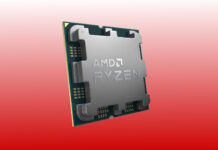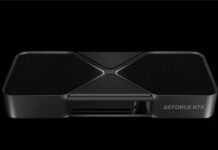Microsoft held the Worldwide Partner Conference earlier this week where it discussed the coming operating system Windows 8. There was a lot of talk about the PC ecosystem and the roll of Windows, mainly Windows 8. It was clear on that Windows 8 will have similar system requirements as Windows 7 and integrated functions to adjust the operating system after the hardware.
Windows 8 will be Microsoft’s launch in a long time with a new inteface adjusted for tablets and touchscreens, and integrated telefphon functionality, e.g. text messages. According to Steve Ballmer Windows 8 will be the biggest risk taking by Microsoft ever. With a new operating system we will also see new requirements and according Microsoft the requirements will be similar to Windows 7 or a little lower.
“The breadth of hardware choice is unique to Windows and is central to how we see Windows evolving. In both of our Windows 8 previews, we talked about continuing on with the important trend that we started with Windows 7, keeping system requirements either flat or reducing them over time. Windows 8 will be able to run on a wide range of machines because it will have the same requirements or lower,” Tami Reller, CFO Microsoft
The requirements for Windows 7 are pretty fair with 1 GHz CPU, 1 to 2 GB RAM, DirectX 9 graphics card and 20 GB of space (before updates). Microsoft was heavily criticized for Windows Vista being too demanding, which is why it kept it strict with Windows 7 and rewrote the resource management to something completely better.
A new function, that we don’t have any details on yet, is how Windows 8 manages the hardware. The operating system will have an integrated intelligence for adjusting to the hardware available. This will not only be useful for desktops and notebooks, but also tablets running Windows 8.
“We have also built intelligence into Windows 8 so that it can adapt to the user experience based on the hardware of the user. So, whether you’re upgrading an existing PC, or buying a new one, Windows will adapt to make the most of that hardware. For our business customers, your customers, this is an important element because the ability of Windows 8 to run on Windows 7 devices ensures that the hardware investments that these customers are making today will be able to take advantage of Windows 8 in the future”
When we can expect Windows 8 is still unclear, many rumors are pointing to a launch in the first half of 2012, but it is even more likely it will be during the latter half.
Source: Microsoft















